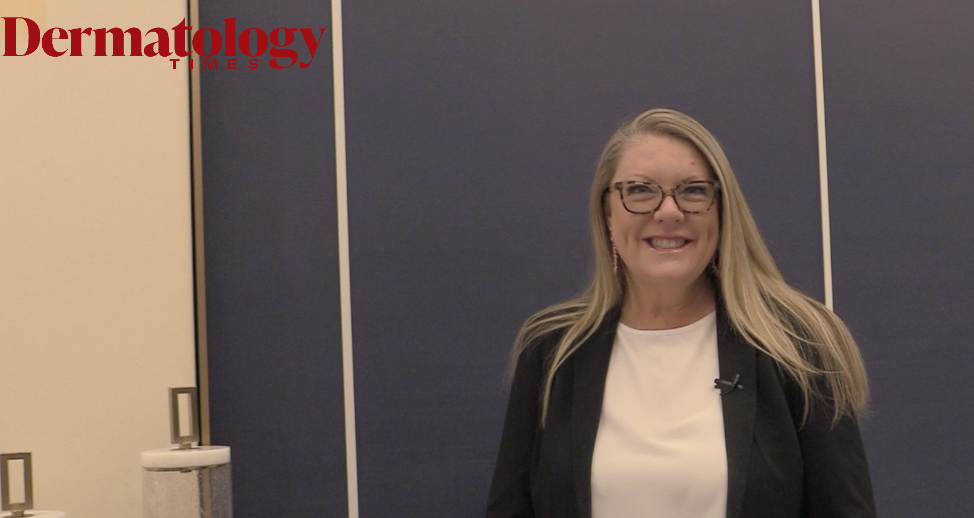- General Dermatology
- Eczema
- Chronic Hand Eczema
- Alopecia
- Aesthetics
- Vitiligo
- COVID-19
- Actinic Keratosis
- Precision Medicine and Biologics
- Rare Disease
- Wound Care
- Rosacea
- Psoriasis
- Psoriatic Arthritis
- Atopic Dermatitis
- Melasma
- NP and PA
- Skin Cancer
- Hidradenitis Suppurativa
- Drug Watch
- Pigmentary Disorders
- Acne
- Pediatric Dermatology
- Practice Management
- Prurigo Nodularis
Article
Cosmetic surgery patients: Easy tax targets
The act of taxing a single group of patients who are seeking cosmetic surgery simply because they are easy targets is unfair, injudicious, potentially sexist and wrong.
The incredible rate at which outpatient surgery has been growing over the past decade is partly a function of increased patient demand for a variety of cosmetic surgical procedures.

That legislative response has been to attempt to tax cosmetic surgery procedures.
Clouded view Beyond the unfairness of singling out a particular segment of the population for increased taxation, it must be understood that many cosmetic surgery patients are, at best, middle income individuals and not wealthy, famous or movie-star types that seem to be portrayed in the media and in various state houses around the country.
On the contrary, many are just ordinary people who must save their money for months or even years in order to pay for a procedure they view will improve their appearance and may make a difference in their ability to gain employment or improve their position in life. While this expenditure by cosmetic surgical patients may be viewed as discretionary at some level, at another level the money spent on cosmetic surgery may mean that these people must do without something else in order to have these procedures done. Many of these patients do not drive luxury cars and live in the nicest sections of the community. Rather, they are hard working people who merely want to improve the way they look and are willing to save up their money in order to have that procedure done.
Gender-based taxation One aspect of this issue that has failed to get much attention is the fact that many of the patients who have cosmetic surgical procedures performed are women. While men are certainly having more cosmetic surgery performed every year, the vast majority of patients having cosmetic surgery still are women. Since when is gender-based taxation considered in any sense to be fair? It simply isn't!
Another exceedingly difficult issue is how to define "cosmetic" surgery. The state of Washington has defined cosmetic procedures as those that "do not meaningfully promote the proper function of the body or prevent or treat illness."
While I think general agreement could be reached on defining certain procedures as being cosmetic, I believe there are many procedures that are not so clear-cut. Is the laser treatment of port wine stains cosmetic, especially when it prevents the later cutaneous changes that will predictably occur with time? Is a rhinoplasty to improve a patient's breathing cosmetic? Is injecting botulinum toxic for hyperhidrosis or migraine headaches cosmetic? Is treating a rosacea patient with a red face or nose using laser cosmetic? Should the proven psychosocial benefits that result from correcting a perceived appearance problem be taxed simply because it is considered cosmetic?
Patient privacy All physicians must now follow the tenets of patient privacy as outlined under the rules of the Health Insurance Portability and Accountability Act (HIPAA). Think how difficult it would be for physicians to protect their patients privacy when they might be required to submit to an audit by the state to determine compliance or if they are required to report the type of procedure performed on a patient in order to determine if the proper tax has been applied.
What about the administrative costs of monitoring this type of program? One could logically wonder if the revenue raised by these taxes would offset the cost of administering them. Governmental inefficiency seems to be the rule rather than the exception today.






